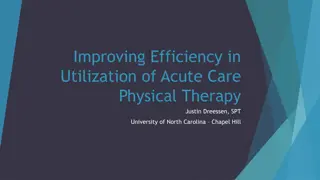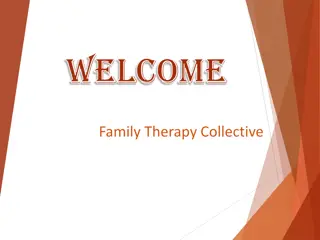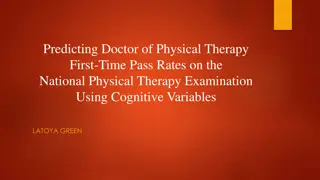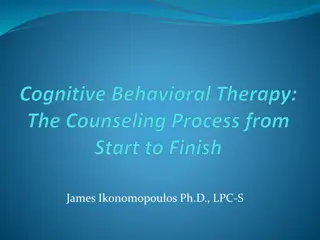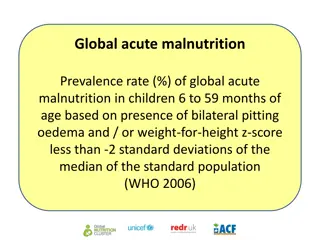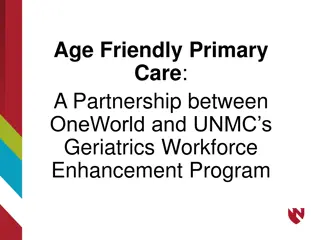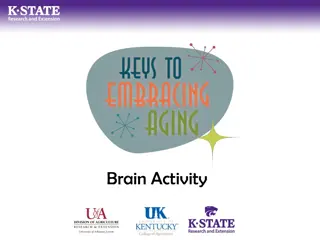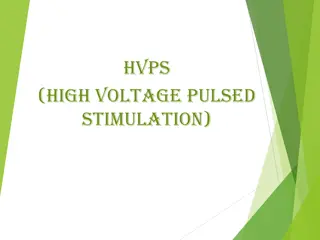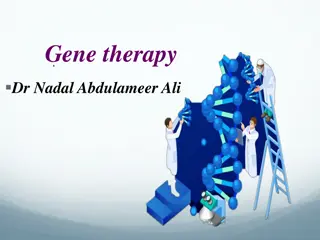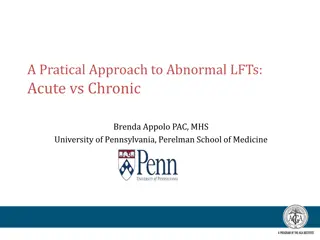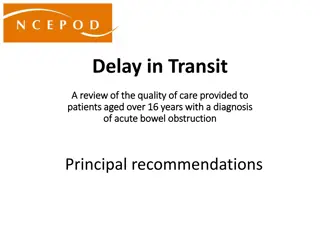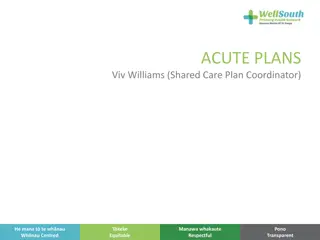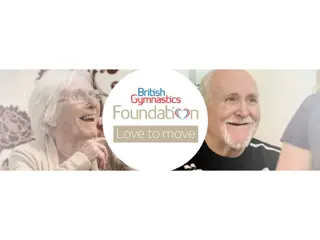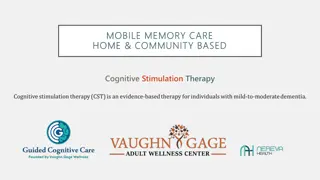Cognitive Stimulation Therapy in Post-Acute Care: A Pilot Study
Cognitive Stimulation Therapy (CST) is an evidence-based group intervention designed for individuals with mild to moderate cognitive impairment. It aims to enhance cognitive functioning through various activities such as executive functioning tasks, multi-sensory stimulation, and reminiscence work. Recommended by UK's NICE, CST has shown significant benefits in cognitive functioning according to research studies. The therapy involves therapeutic group interventions to boost cognition and communication skills, ultimately improving patient wellbeing, mood, and quality of stay in post-acute care units. CST in the Post-Acute Care Unit involves a program lasting 7 weeks with sessions conducted once weekly for 45 minutes.
Download Presentation

Please find below an Image/Link to download the presentation.
The content on the website is provided AS IS for your information and personal use only. It may not be sold, licensed, or shared on other websites without obtaining consent from the author. Download presentation by click this link. If you encounter any issues during the download, it is possible that the publisher has removed the file from their server.
E N D
Presentation Transcript
Cognitive Stimulation Therapy in the Post-Acute Care Setting: A Pilot Study Ciara Lynch, Medical Social Worker Vincent Fox, Senior Medical Social Worker
What is Cognitive Stimulation Therapy (CST)? CST is an evidence based group intervention for those with mild to moderate cognitive impairment. Aims to improve cognitive functioning. Achieved through variety of means including executive functioning tasks, multi-sensory stimulation and reminiscence work. Recommended by the UK National Institute for Health and Clinical Excellence (NICE) as treatment plan for people with mild to moderate dementia irrespective of drug treatment. CST typically meets twice weekly for 45 minutes for 7 weeks. Administered by range of professionals and in a range of settings.
Evidence Spector et al. (2003) completed UK randomised control trial results showed CST led to significant benefits in cognitive functioning using MMSE and ADAS-COG. Streater et al. (2016) completed research over one year period found participation in 14 weeks programme impacted positively on participant s cognition. Spector et al. (2009) completed study on how the experience of CST groups are expressed in day to day life - results showed participants benefited in number of ways.
Aims and Objectives To provide a therapeutic group intervention to strengthen cognition and communication skills. To evaluate the effectiveness and impact of cognitive stimulation interventions aimed at improving cognition. To improve patient wellbeing, mood and quality of stay in the Post Acute Care Unit. To potentially improve discharge planning.
CST in the Post Acute Care Unit Participants will be patients of the Post Acute Care Unit. Must fit inclusion criteria. 6 participants for pilot. Informed consent will be obtained and patient information leaflet will be provided. CST will run for 45 minutes one weekly for 7 weeks. The programme will be based on the manual.
Sound Physical Games Childhood Team Quiz Food Word Games Current Affairs Themes Number Games Faces/ Scenes Using money Word Association Orient ation Being Creative Categori sing
Review MMSE Use of visual analogue scale Facilitators monitoring progress
Monitoring Progress Name of Participant Attended? Yes/No Interest Communication Enjoyment Mood 1. 2. 3. 4. 5. 6. (Spector et al., 2006)
Thank You References Spector, A., Gardner, C. and Orrell, M. (2011) The impact of Cognitive Stimulation Therapy groups on people with dementia: views from participants, their carers and group facilitators , Aging & Mental Health 15:945-949 Spector, A., Thorgrimsen, L., Woods, B., and Orrell, M. (2006) Making a difference. An evidence-based group programme to offer cognitive stimulation therapy (CST) to people with dementia. The manual for group leaders. London: The Journal for Dementia Care. Spector, A., Thorgrimsen, L., Woods, B., Royan, L., Davies, S., Butterworth, M. and Orrell, M. (2003) Efficacy of an evidence-based cognitive stimulation therapy programme for people with dementia: Randomised Controlled Trial , British Journal of Psychiatry 183: 248-254 Streater, A., Spector, A., Aguirre, E. and Orrell, M. (2016) Cognitive stimulation therapy (CST) for people with dementia in practice: an observational study , British Journal of Occupational Therapy 79(12): 762 767




